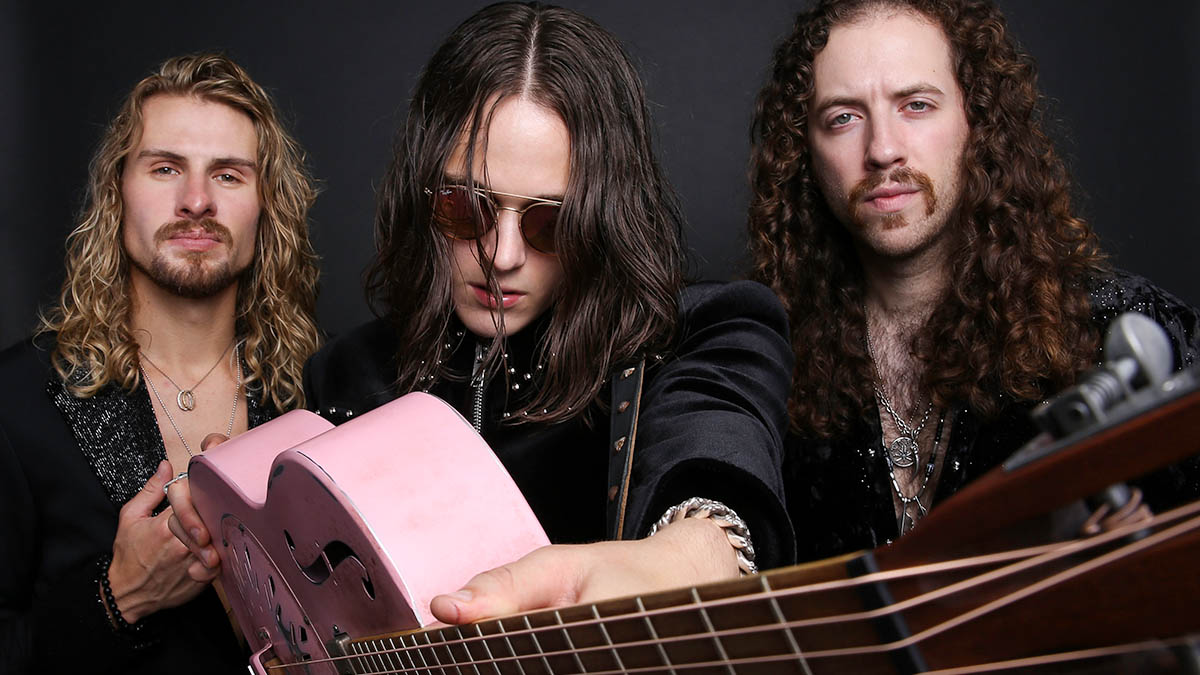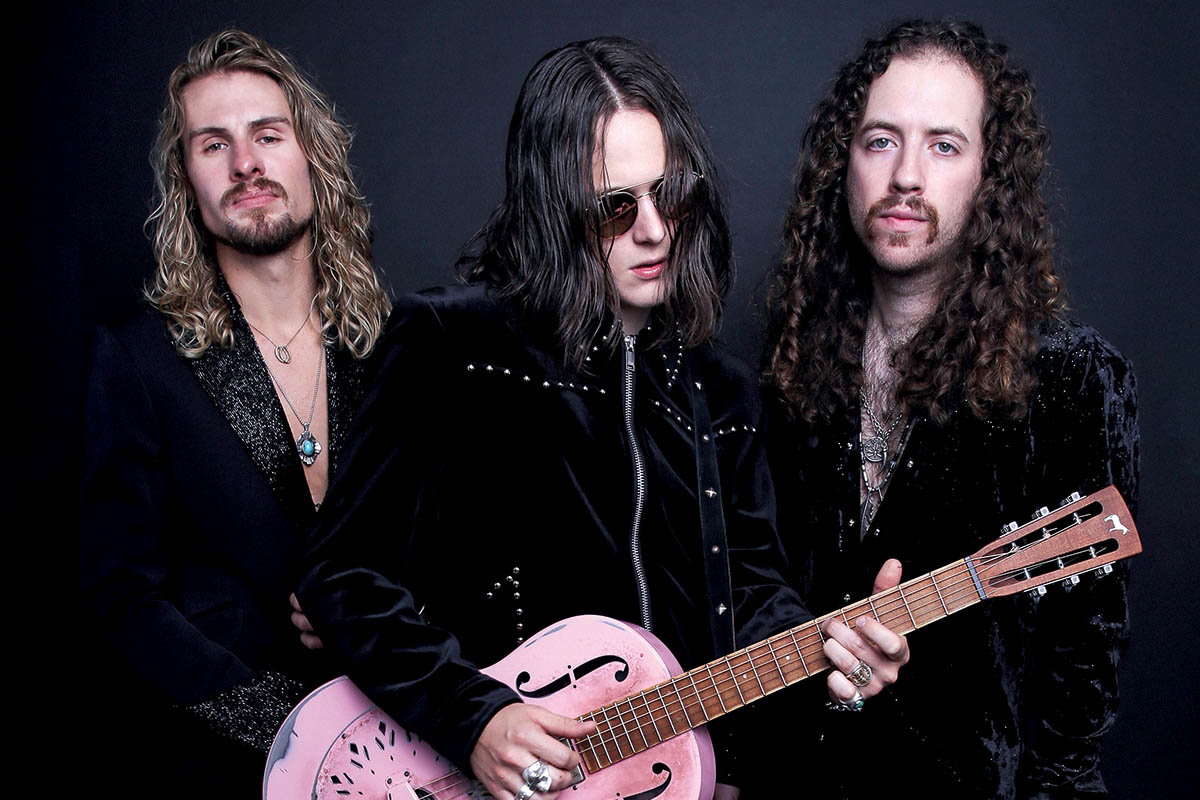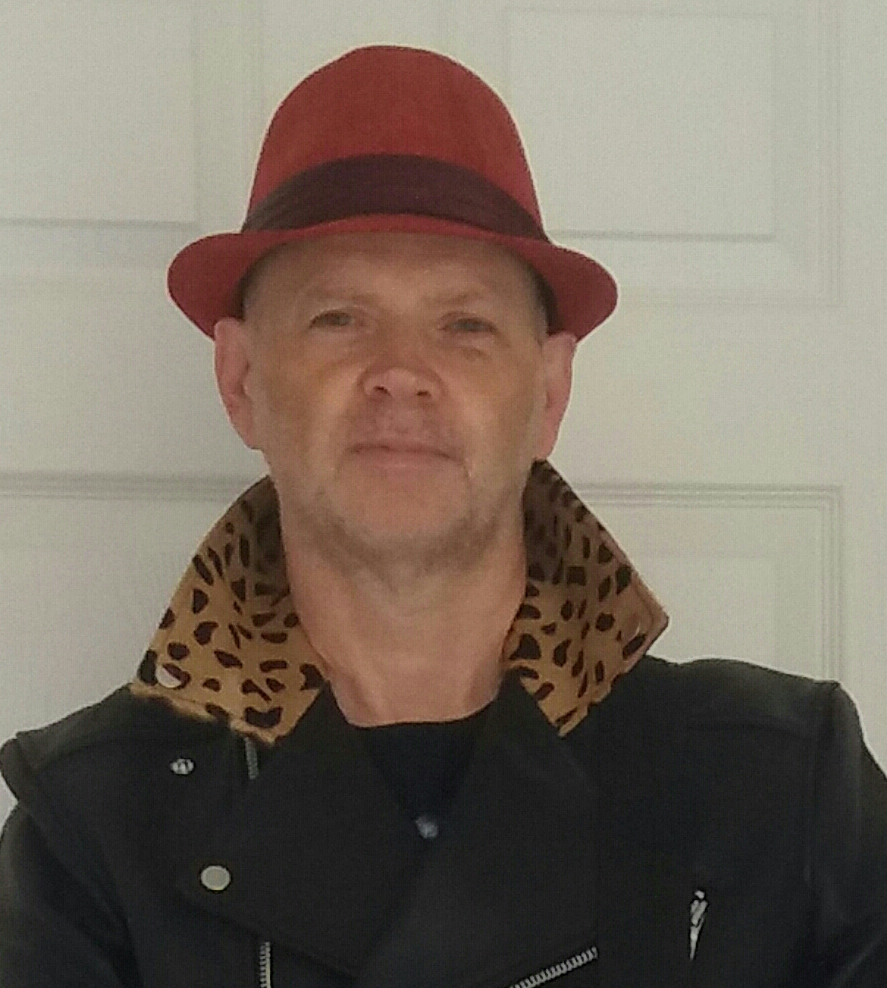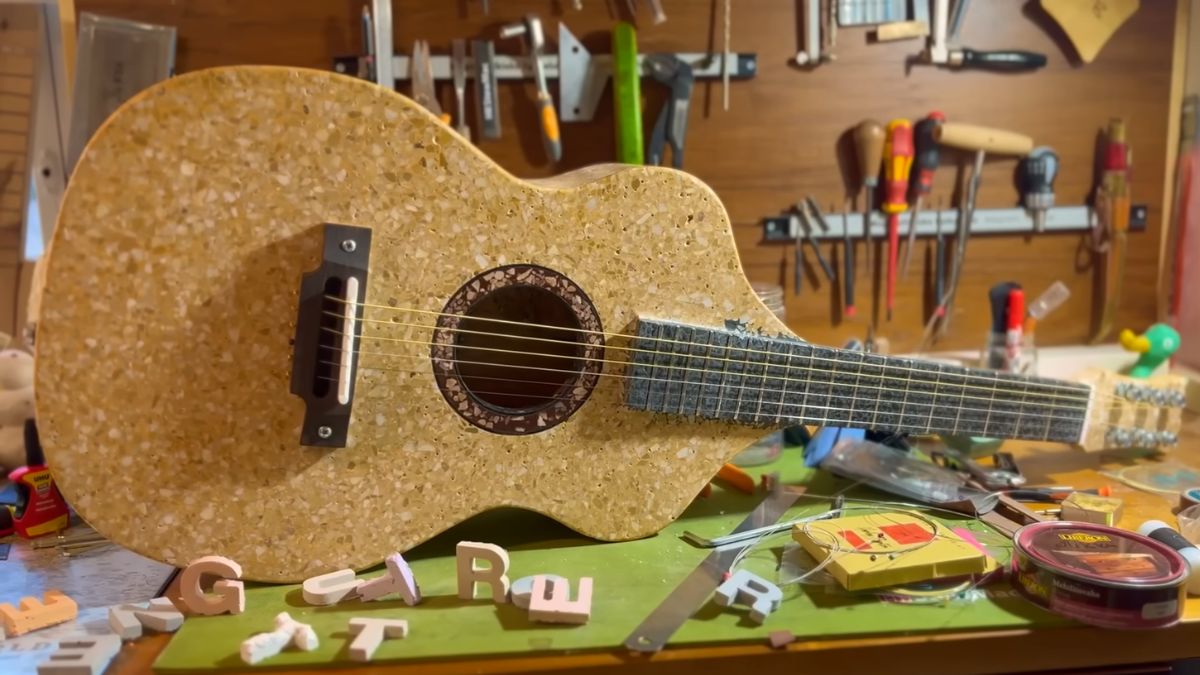Tyler Bryant: “I get bored with guitar solos that are just about speed and technique. I like there to be something musical and memorable“
Nashville’s blues-rock sensation talks solos, pandemic recording, and explains why the Shakedown is a team effort

At 17, fresh from playing with his hometown blues band, Tyler Bryant left Texas to hit Music City with just enough savings to pay for an apartment.
Over the best part of a year, he assembled a band and starting playing gigs – “and those same guys are still with me now,” he tells us today. “Initially, I sat in my apartment writing songs and that was when I started to consider myself as a songwriter rather than just a guitarist.”
Fast forward a decade or so and Tyler Bryant & The Shakedown have grafted in the studio and on stage to secure their position as one of the premier bands of the new breed of blues-rockers, showcasing their fiery brand of rock ’n’ roll in dynamic live shows and a catalogue of great songs.
Alongside his band – Graham Whitford on guitar, Caleb Crosby on drums, and new addition Ryan Fitzgerald on bass (not pictured) – Bryant channels influences from Jeff Beck and Stevie Ray Vaughan to Soundgarden, crafting his own sonic mix.
2020 of course, was a disaster for the live music scene and all involved, so Tyler and his band got to work on their fourth album, Pressure, during lockdown, recorded at Tyler’s home studio in Nashville, where he speaks to us for this interview…
Are you totally self-sufficient in terms of recording capability now?
“Yeah. It’s one of those things that’s constantly growing. My pedal- and amp-buying addictions sort of transferred into buying studio equipment. It’s a similar black hole [laughs]. I realised that I wanted to have a place where I could record ideas when I got them, so they wouldn’t get lost forever.
Get The Pick Newsletter
All the latest guitar news, interviews, lessons, reviews, deals and more, direct to your inbox!
“All the studios in Nashville started closing down, so there was really no other way to do this. Rock ’n’ roll always finds a way to get through, though, so we decided to get our hands dirty and dive in rather than sit on the couch.”
We’ve taken a huge hit financially [over the past] year, as have so many. I’ve been making records for other people as well to try to supplement things and keep food on my family’s table. We’ve lost all of our work for a year
Given how hard it has become to make a living in the music business in recent years, the pandemic has been a huge blow. Do you think a band can still make money off an album?
“We can still make money on albums and merchandise as well, you know? We’ve built up a very loyal fanbase; it’s small but mighty. We know that these are our people and if we put something out, they’re gonna support us. They know that we’re gonna make a rockin’ record for them. It’s less about trying to deliver an album for radio or something, than trying to produce a record that our fans will enjoy so we can continue our relationship with them.
“Of course, we’ve taken a huge hit financially [over the past] year, as have so many. I’ve been making records for other people as well to try to supplement things and keep food on my family’s table. We’ve lost all of our work for a year. We had an arena tour that was pulled, and we were scheduled to be back in the UK and the rest of Europe as well. We normally do about 200 shows a year. Every artist is going through this at the moment, though; I’m not unique.”
Were some of the songs on Pressure inspired by the current situation?
“Yes, we already had some and the unravelling of 2020 inspired a lot of ideas. Crazy Days was the first song that I wrote in lockdown and it was the catalyst for making the album. Which is strange because it’s the most positive-sounding song on the record.”
That track has a Tom Petty vibe about it…
“Yeah, and they just started playing it on Tom Petty Radio on Sirius, which I think is so cool. I think that was just a way to try to deal with the negativity that we’ve all been bombarded by this year.”
Are you prolific writers as a band?
“Oh, yeah. For our previous album we had over 50 songs. For this album we had 37 songs and we continued to write while we were in the studio, so some of the songs were written as we were recording. I got a new resonator, made by a company called Mule [Resophonic Guitars].
“That really inspired a lot of song ideas. As soon as I picked it up, I had a riff. It had such a magical sound and felt so great.” There’s something about playing a new guitar that inspires song ideas, isn’t there? “That’s what I keep telling my wife!”
Coastin’ has a great groove to close out the album…
“That was one of the tracks that I wrote during the lockdown; it came to me in about five minutes. My wife [Rebecca Lovell of Larkin Poe] was playing a Junior Kimbrough song, and the bluesy sound and the positivity of it really struck me – and that was when Coastin’ popped into my head.
“It is meant to soothe you out of the album. We open the record with Pressure, which is what everybody is feeling these days, but then we end with a hopeful, mellow message.”
We are all very much a team and everybody has the same voice and weight. We won’t even record a song unless everybody wants to record it
How do you go about dividing guitar parts with co-guitarist Graham Whitford?
“It varies from song to song, but it’s generally very instinctive. He has a great attitude to his playing that I’ve never heard from anybody else. So when we have a song, I’ll think some parts are more suited to him and vice versa. Then there are also occasions where one of us will really want to play a particular riff or solo as well.”
Does having your name out in front of the band mean there is more of a say for you in band matters, like an extra vote in a stalemate or something?
“There are times when I wish it did [laughs]. We are all very much a team and everybody has the same voice and weight. We won’t even record a song unless everybody wants to record it.”

What are you working on in your own playing? Is there a side of you that you can’t express through the band?
“I do listen to a lot of old-school country music, which has been my favourite thing lately. I love chicken picking, but I also love metal. I guess I listen to a lot of stuff that people wouldn’t expect.
“My favorite guitarist of all time is Jeff Beck, and I feel like he was always trying to combine everything and push the limit. That’s my goal as a guitarist: to keep trying to do that. I try to play whatever I’m hearing in my head. A lot of times I will sing something out loud and then try to reproduce that.”
I love chicken picking, but I also love metal. I guess I listen to a lot of stuff that people wouldn’t expect
That’s a clue as to why so many of your solos are so memorable, rather than just a string of licks.
“Some of my favourite guitarists are those whose solos are there to support the songs, guys like Mike Campbell. I get bored listening to guitar solos that are just about speed and technique. I like there to be something musical and memorable about them – solos that are so central to the song, that if you were doing a cover version, it wouldn’t sound right without that exact solo in there.”
In terms of guitars, is it still mainly Strats for you?
“Strats with humbuckers in the bridge. My two main Shell Pink Strats are 60s Custom Shop models. I also have a great Duesenberg 59er that I’ve been using, and my wife bought me a cool gold Custom Shop ’59 Tele.
“My old vintage 1960 Strat doesn’t come on the road with me unless I’m doing a show near home and I’m travelling straight back after the gig. I’ve also got a spectacular goldtop Flying V-style model made by a company out of Georgia called Banker, who the guys in Blackberry Smoke turned me on to.”
What’s new on the amp front?
“An Orange Custom Shop 50, plus an amp made by Square Amp from Austin, Texas, featured quite a lot. It’s about four watts, kinda like a Fender Champ, with something like a six-inch speaker, so it always sounds like it’s about to explode. That’s all over the record.
“I used a Marshall 1959 and Silver Jubilee as well. One new effect that I used a lot is the Dunlop [Siete Santos Octavio Fuzz] Billy Gibbons signature model fuzz. Whenever you hear an Octavia-like fuzz, that’s what it is.”
One new effect that I used a lot is the Dunlop Billy Gibbons signature model fuzz. Whenever you hear an Octavia-like fuzz, that’s what it is
What’s coming up for you in 2021?
“Well, I think we will probably aim to have another album out, so some time this year we’ll hopefully be touring on two new albums. I might be shooting myself in the foot to say that [laughs]. It seems like, since we have the capability to record more material we should keep working, as we sure aren’t doing shows any time soon.
“That means that when we can go back out, we can stay on tour without having to break off to make another record. That’ll definitely help us financially as well, with so long off the road to make up for. Like everyone, I’m really hoping the business gets back to normal as soon as possible.”
- Tyler Bryant & The Shakedown's new album, Pressure, is out now via Spinefarm.
Mark is a freelance writer with particular expertise in the fields of ‘70s glam, punk, rockabilly and classic ‘50s rock and roll. He sings and plays guitar in his own musical project, Star Studded Sham, which has been described as sounding like the hits of T. Rex and Slade as played by Johnny Thunders. He had several indie hits with his band, Private Sector and has worked with a host of UK punk luminaries. Mark also presents themed radio shows for Generating Steam Heat. He has just completed his first novel, The Bulletproof Truth, and is currently working on the sequel.
“There’d been three-minute solos, which were just ridiculous – and knackering to play live!” Stoner-doom merchants Sergeant Thunderhoof may have toned down the self-indulgence, but their 10-minute epics still get medieval on your eardrums
“There’s a slight latency in there. You can’t be super-accurate”: Yngwie Malmsteen names the guitar picks that don’t work for shred

![A black-and-white action shot of Sergeant Thunderhoof perform live: [from left] Mark Sayer, Dan Flitcroft, Jim Camp and Josh Gallop](https://cdn.mos.cms.futurecdn.net/am3UhJbsxAE239XRRZ8zC8.jpg)









